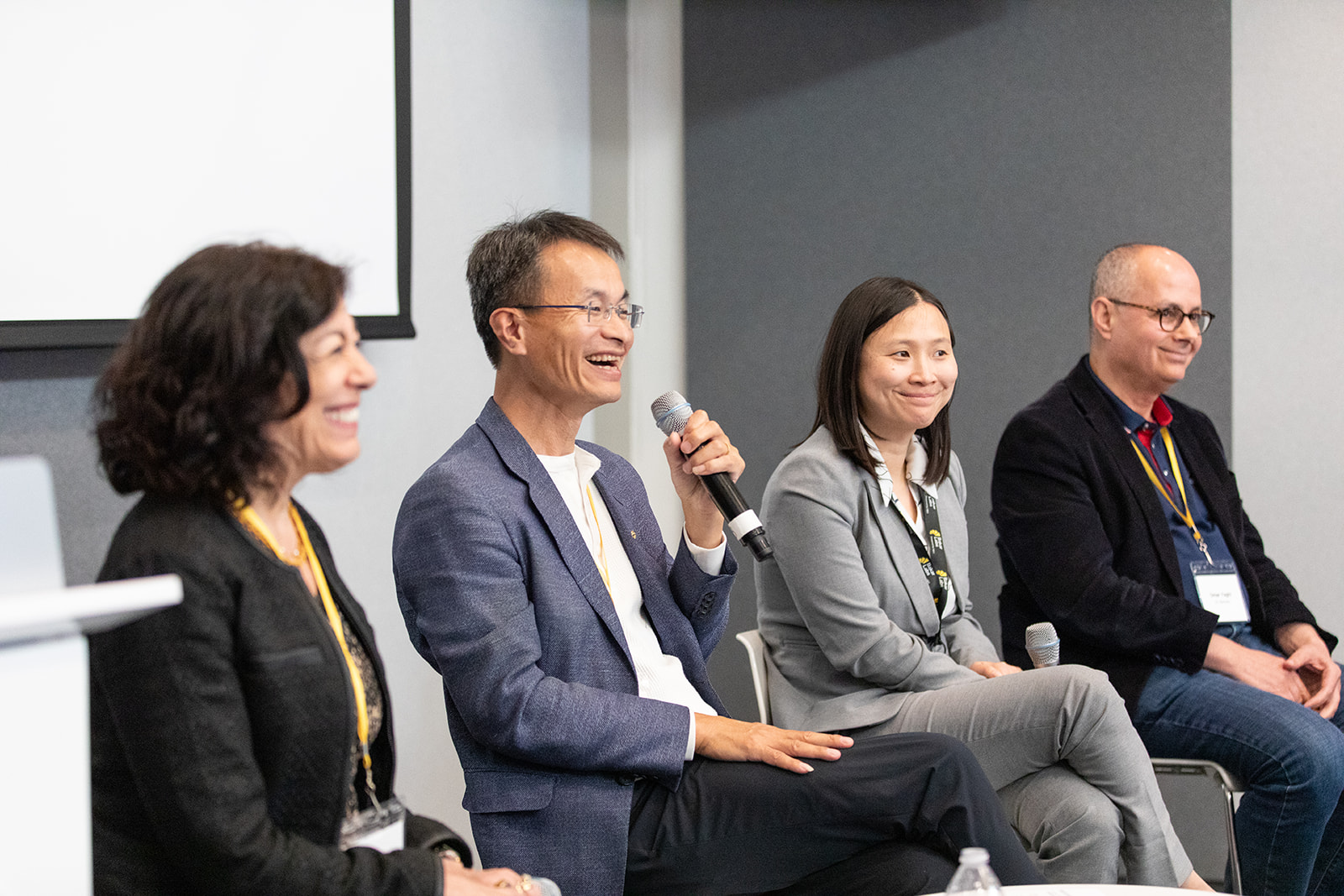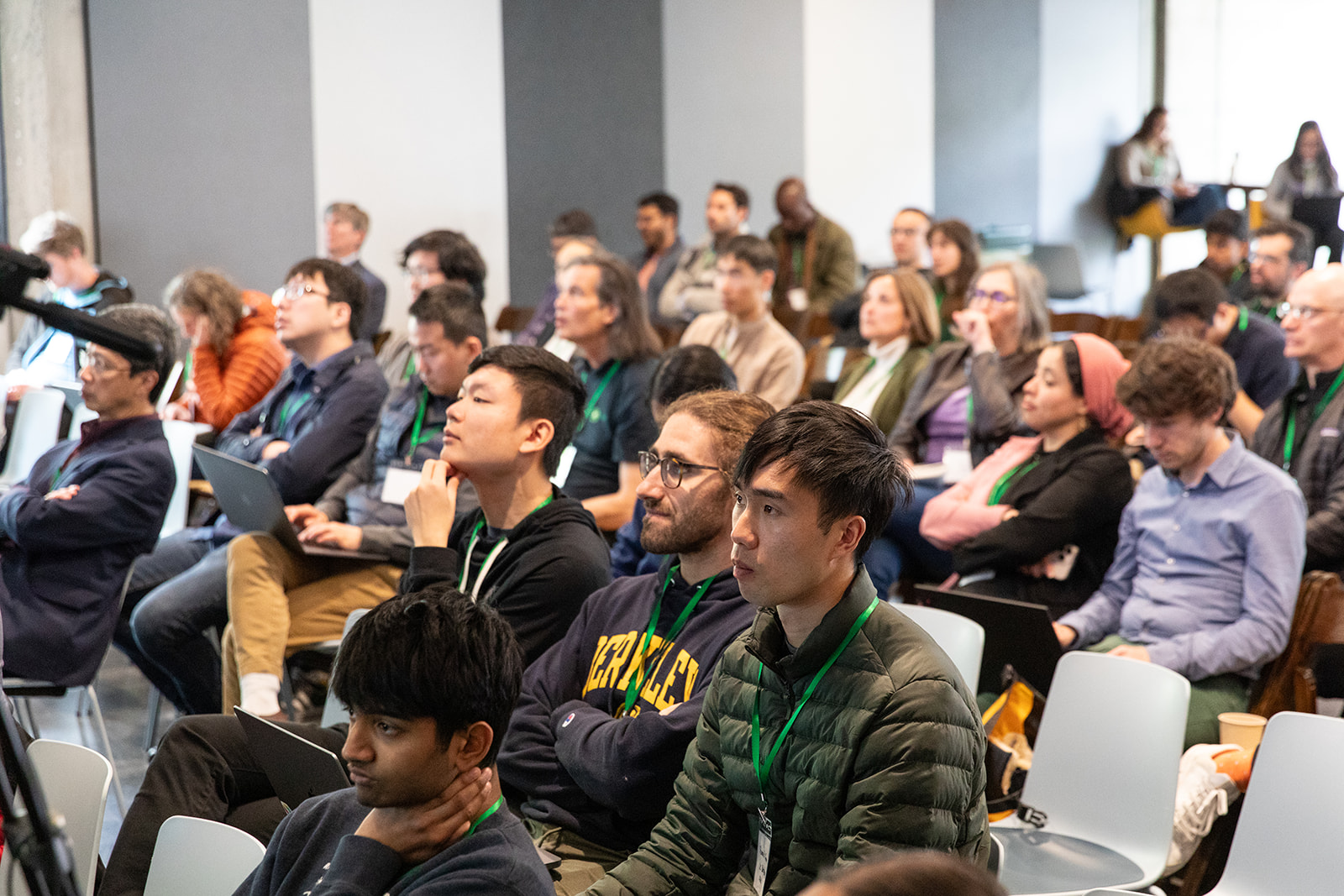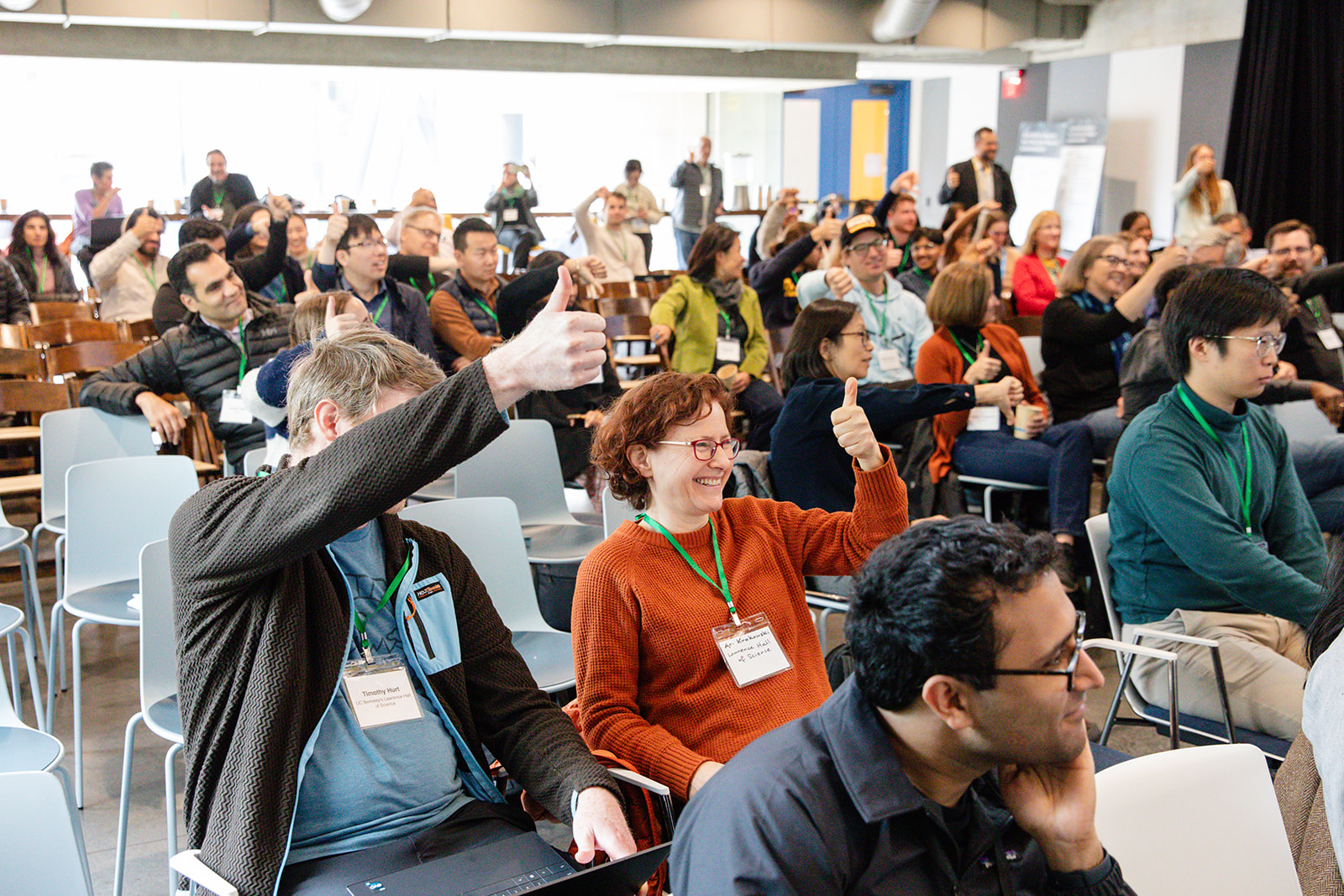The rise of artificial intelligence (AI) and automation is transforming industries worldwide, and the field of science is no exception. At the recent BIDMaP session at the University of California, Berkeley, a panel of distinguished scientists explored what this new era means for the next generation of scientists. The discussion painted a picture of a future where human creativity and AI-driven automation must find a delicate balance.
"We are at a pivotal moment," began Jennifer Chayes, Dean of the College of Computing, Data Science, and Society at UC Berkeley, recently named one of Politico’s top 20 most influential players in California tech. "AI is not just a tool – it’s a collaborator, a partner in discovery. But as we automate, we must also reimagine the role of scientists." Her thought-provoking introduction underscored a central theme of the session: as AI accelerates scientific discovery and reshapes scientific research, it also raises critical questions about the future of careers in research.

Shijing Sun, whose research is leading the way to fully autonomous laboratories at the University of Washington, demonstrated how automation can free scientists from repetitive tasks, allowing them to focus on creative problem-solving. “The beauty of automation is not just speed; it’s that it gives scientists back their most valuable resource — time,” Sun explained. Her team’s work shows that even as machines take over routine experiments, human expertise is still needed to interpret results, design new approaches, and ask the right questions.
Omar Yaghi, renowned for his work on Metal-Organic Frameworks (MOFs) and Covalent Organic Frameworks (COFs), agreed, presenting a transformative view of AI’s role in chemistry. Yaghi emphasized that AI has doubled the rate of material discoveries in his lab. "We can now discover and optimize materials faster than ever before," Yaghi declared. But this transformation also raises questions. What will be the role of traditional chemists when AI systems can autonomously design, synthesize, and optimize compounds?

Peidong Yang, who envisions a future of CO₂ refineries where captured carbon is converted into valuable chemicals, echoed a similar sentiment. Yang noted that while AI accelerates catalyst discovery and optimization, it also challenges the traditional skills of chemists. "In the next few decades, the industry will need to embrace AI-driven methods, but that doesn’t mean human scientists will become irrelevant," he stated.
But does this mean a future where human scientists are replaced by robots? Not entirely. All three scientists agreed that while AI can accelerate discovery, human creativity remains essential. Yaghi suggested that young scientists should cultivate interdisciplinary skills, combining expertise in chemistry with data science, programming, and even robotics.
"We need a new generation of scientists who are comfortable working with AI but also have a deep understanding of fundamental science," Yaghi advised. Sun added that rather than seeing AI as a threat, young scientists should view it as a powerful tool that can free them from routine tasks, allowing them to focus on big ideas and innovative solutions.
However, the rapid rise of AI and automation also raises concerns. Will market pressures drive some scientists out of traditional knowledge-based work? Scientists acknowledged this risk, explaining that while AI can transform research, it must be developed in a way that augments rather than replaces human expertise.

Educational institutions are already grappling with how to prepare students for this new reality. BIDMaP is helping to do this. Its experts emphasized the importance of interdisciplinary training, encouraging students to learn not just chemistry or biology, but also programming, data analysis, and even robotics.
The session concluded with practical advice for young scientists: embrace the interdisciplinary nature of science, stay curious, and learn to leverage AI without losing sight of fundamental scientific principles. This shift means that the most valuable scientists of the future may not be those who simply understand traditional science, but those who can bridge the gap between data science, automation, and traditional lab skills. As AI continues to reshape research, the most successful scientists will be those who can bridge the gap between cutting-edge technology and timeless scientific curiosity.
"The scientists of the future will not be replaced by AI," concluded Yaghi. "They will be those who know how to use it best."
To keep up with our news and events, subscribe to the BIDMaP newsletter.

